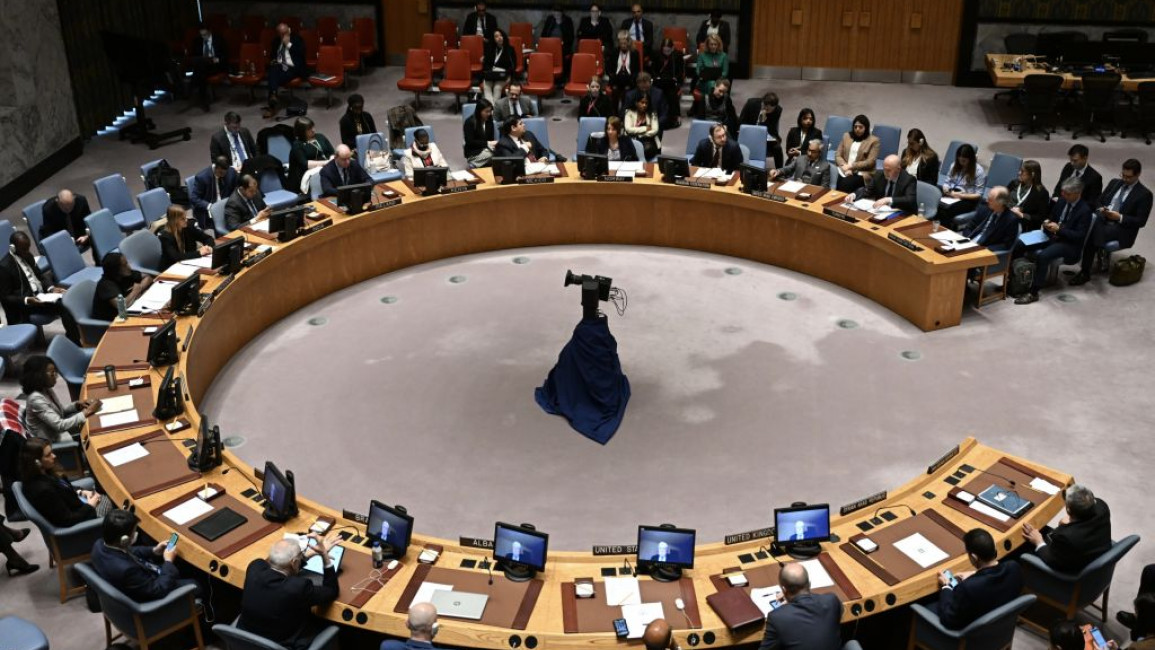UN asks Syria to extend deadline for post-quake aid access
The United Nations has asked Syria's government to extend its approval for two additional crossings to deliver post-earthquake aid into opposition-held zones, a spokesperson said on Friday, but two informed sources said an extension was unlikely.
Syrian President Bashar al-Assad agreed to open the crossings of Bab Al-Salam and Al Ra'ee for three months starting on Feb. 13, a week after the earthquake that killed more than 50,000 people in Turkey and Syria. Parts of the northwest are held by groups opposed to Assad in the 12-year-long civil war.
A day before the permission's expiry, U.N. humanitarian aid agency spokesperson Jens Laerke said it had requested "an extension of the special measures adopted after the 6 February earthquakes to continue facilitating the humanitarian response to all affected areas."
Laerke said talks were "constructive." When asked if an extension had been granted, he referred Reuters to the Syrian government, which did not respond to emailed questions.
The United Nations already has a Security Council mandate to use the Bab al-Hawa border crossing, which it has used since 2014 to deliver aid to millions of people in need in the northwest without needing the Syrian government's approval.
Assad's decision in February followed a nudge from the United Arab Emirates, four informed sources told Reuters. One of them, a Syrian source close to the Gulf, said on Friday that there were "signs there would be no extension."
A humanitarian source in New York with knowledge of the U.N. talks on the subject said an extension seemed unlikely. Aid providers first believed Assad would renew but that Syria's readmission to the Arab League had removed a source of pressure, the source said.
Aid groups are worried that will leave some four million people without crucial help.
"It's critical that humanitarian access into the northwest of Syria is maintained," said Tanya Evans, the International Rescue Committee's country director for Syria.
Rights group Amnesty International said its analysis found aid through the crossings would remain legal under international law regardless of whether the extension is granted.
It said "no other alternatives exist and the UN cross-border relief operations are essential to prevent the suffering of the civilian population and grave human rights violations in northwest Syria."
(Reuters)



